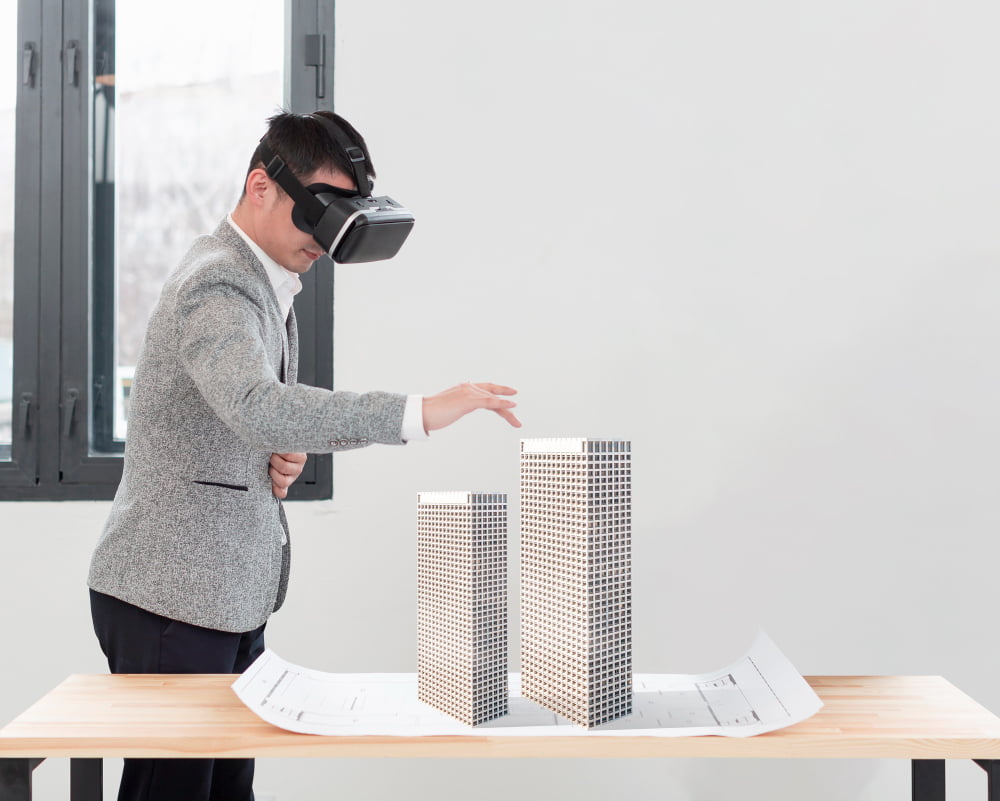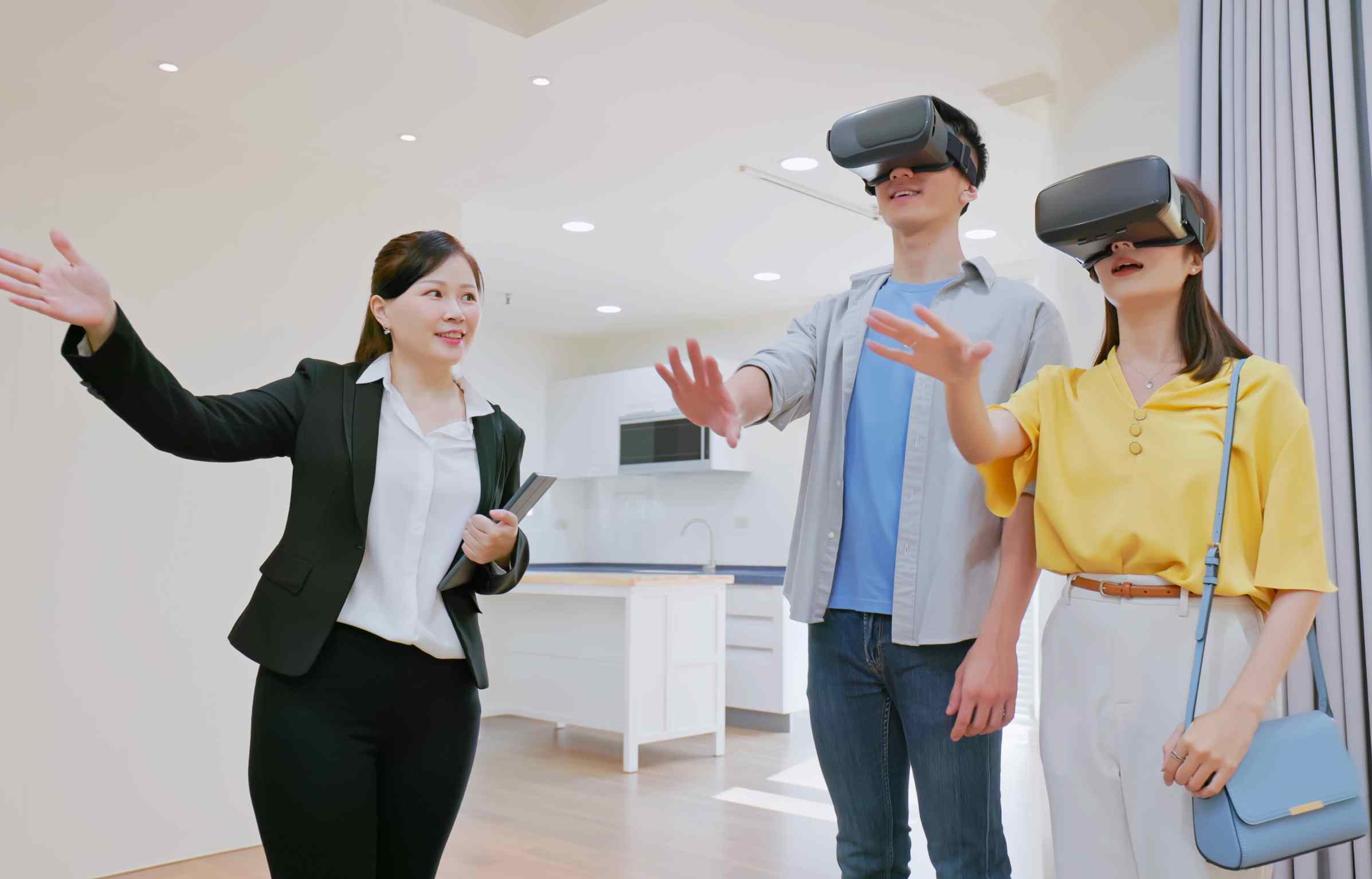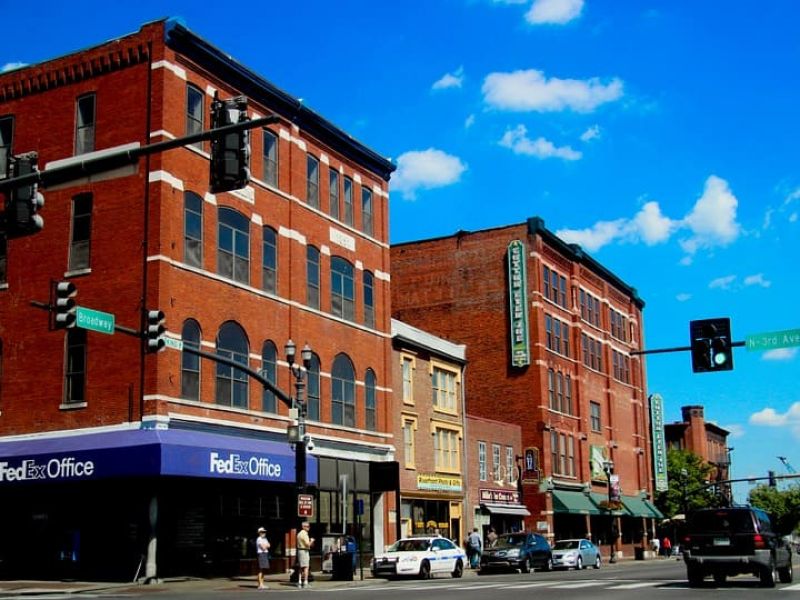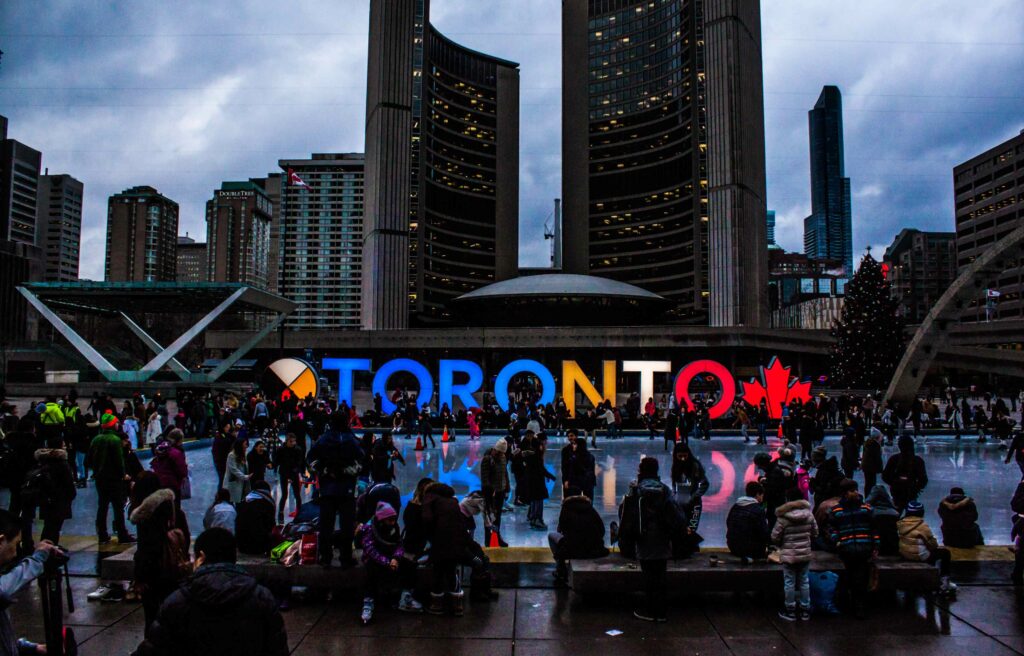Virtual Reality (VR) has revolutionized various industries, and one sector that has greatly benefited from its immersive capabilities is real estate. Virtual Reality in Real Estate has emerged as a powerful tool that enables buyers, sellers, and agents to enhance the property experience. By immersing users in a virtual world, VR technology allows them to explore properties remotely, visualize designs, and make informed decisions. This article will delve into the significance of Virtual Reality in Real Estate and how it transforms how properties are marketed, bought, and sold.
Virtual Property Tours
One of the most apparent applications of Virtual Reality in Real Estate is virtual property tours. Buyers had to physically visit multiple properties physically, often wasting time on those needing to meet their expectations. However, with VR technology, potential buyers can now take the benefits of virtual house tours of properties from the comfort of their homes. Users can navigate different rooms, inspect details, and gain a realistic sense of the property’s layout using a VR headset. Virtual property tours save time and resources and provide buyers with a convenient and efficient way to shortlist properties.
Remote Property Viewing
Virtual Reality has also revolutionized remote property viewing. This feature is precious for buyers who need help to travel or are far away from the property they are interested in. With VR technology, individuals can experience a property as if they were physically present. They can examine the surroundings, gauge the size and dimensions, and get a genuine feel for the space. Remote property viewing through Virtual Reality offers convenience and widens the market reach for sellers, as potential buyers can explore properties from anywhere in the world.
Design Visualization

Virtual Reality in Real Estate is not only limited to property viewing; it also aids in design visualization. Whether a newly constructed property or a renovation project, VR technology allows buyers and developers to visualize different design options and make more informed decisions; by creating virtual mock-ups, users can experiment with various layouts, color schemes, and finishes, thereby reducing the need for physical prototypes and expensive modifications. This feature enhances the property experience and helps save costs and streamline the design process.
Emotional Engagement
The significance of Virtual Reality in Real Estate lies in its ability to create emotional engagement. Buying a property is a substantial real estate investment, and emotions play a crucial role in decision-making. VR technology creates a sense of presence and immersion that traditional photos and videos cannot match. By providing a realistic experience of being inside a property, Virtual Reality evokes emotions and helps potential buyers connect with the space on a deeper level. This emotional engagement often leads to more confident and informed purchasing decisions.
Increased Transparency
Transparency in the real estate industry is crucial to building trust between buyers and sellers. Virtual Reality in Real Estate enhances clarity by providing an immersive and accurate representation of the property. Buyers can explore every nook and cranny, ensuring they comprehensively understand the property’s condition and features. Virtual Reality minimizes surprises and misunderstandings, reducing the chances of disputes between the parties involved. This increased transparency builds confidence, speeds decision-making, and fosters a positive buyer-seller relationship.
Marketing and Sales Advantages
Virtual Reality in Real Estate offers significant marketing and sales advantages. By incorporating VR technology into their marketing strategies, real estate agents and developers can differentiate themselves from competitors. Virtual property tours and immersive experiences attract potential buyers, increase engagement, and leave a lasting impression. This cutting-edge technology appeals to tech-savvy clients and positions real estate professionals as innovative and forward-thinking. Virtual Reality in Real Estate marketing campaigns has generated more leads, improved conversions, and accelerated sales cycles.
Architectural Visualization
Virtual Reality benefits not only buyers but also architects and developers. With VR technology, architects can bring their designs to life, enabling stakeholders to experience the property before it is built. This immersive visualization helps architects and developers refine their strategies, identify potential flaws, and make necessary adjustments early in the process. The capability to virtually walk through the property can also aid in securing funding and attracting potential buyers or tenants.
Unveiling the Advantages of Virtual Reality in Real Estate

1. Enhanced Property Visualization
Virtual Reality allows potential buyers to visualize properties in a highly immersive and realistic manner. They can explore every corner of the property, inspect details, and get a genuine sense of the space. This level of visualization goes beyond traditional photos and videos, enabling buyers to make more informed decisions and reducing the need for physical property visits.
2. Time and Cost Savings
Virtual Reality in Real Estate eliminates the need for multiple property visits, which can be time-consuming and costly. Buyers can virtually tour various properties in a single session, narrowing their choices and saving time and money. Similarly, sellers can reach a broader audience without incurring expenses for physical staging and open houses.
3. Remote Access
Virtual Reality enables remote access to properties, allowing buyers to explore and evaluate properties worldwide. It is particularly beneficial for international buyers, investors, or individuals who need help physically visiting the property. It expands the market reach for sellers and increases accessibility for buyers, making the property-buying process more convenient and inclusive.
4. Design and Customization
Virtual Reality facilitates design visualization and customization. Buyers and developers can virtually modify aspects of a property, such as room layouts, color schemes, and finishes. It helps them visualize the potential of a space and make more informed decisions about renovations or new construction projects. Virtual reality simulations allow for experimentation and customization without costly physical prototypes.
5. Emotional Engagement
Buying a property is an emotional determination, and Virtual Reality excels in creating emotional engagement. By immersing potential buyers in a virtual world, VR technology evokes emotions and helps them connect with the property on a deeper level. This emotional engagement can lead to a stronger desire to purchase and a more positive overall experience.
6. Transparency and Trust
Virtual Reality enhances transparency in the real estate transaction process. Buyers can thoroughly explore properties, ensuring they comprehensively understand their condition and features. It reduces the chances of surprises or miscommunications and builds trust between buyers and sellers. Virtual Reality fosters transparency, crucial for establishing credibility and maintaining positive buyer-seller relationships.
7. Marketing and Differentiation
Incorporating Virtual Reality into real estate marketing strategies provides a competitive edge. Virtual property tours and immersive experiences attract potential buyers, increase engagement, and differentiate real estate professionals from competitors. Virtual Reality in marketing campaigns showcases innovation and appeals to tech-savvy clients, resulting in more leads, higher conversions, and improved sales outcomes.
How Relo.ai Can Enhance Your Relocation Experience with Virtual Reality In Real Estate

Relocation companies like Relo.ai are at the forefront of leveraging virtual Reality in the real estate industry to facilitate seamless relocations. By harnessing the power of virtual reality, Relo.ai provides an array of services that streamline the relocation process, offer local expertise, foster valuable connections, assist with cultural integration, and deliver ongoing support. These comprehensive solutions ensure that individuals utilizing Virtual Reality in real estate can experience a smooth and hassle-free relocation.
1. Streamlined Relocation Process: Relo.ai utilizes virtual reality technology to simplify the relocation journey. Through immersive virtual tours, potential homeowners or renters can explore properties remotely, saving time and effort. Virtual Reality assists in handling logistics such as shipping belongings or arranging transportation, ensuring a streamlined and efficient relocation process.
2. Local Expertise: With Virtual Reality in real estate, Relo.ai can provide digital representations of various destinations, offering valuable insights into different cities, neighborhoods, and local customs. This knowledge empowers individuals to make well-informed decisions about where to relocate based on their preferences and specific requirements.
3. Network and Connections: Relo.ai harnesses the potential of virtual Reality to establish connections and collaborations within the real estate industry. Through virtual networking platforms, individuals can connect with local service providers, such as real estate agents, property managers, or contractors, who can assist them during relocation. This network of professionals ensures a seamless transition into a new location.
4. Cultural Integration Support: Virtual reality technology enables Relo.ai to provide comprehensive support for cultural integration. Individuals can familiarize themselves with the new culture by creating virtual experiences that simulate local customs, traditions, and everyday life before physically relocating. It helps minimize culture shock and facilitates a smoother transition.
5. Ongoing Assistance: Relo.ai understands that relocation needs extend beyond the initial move. Through virtual reality, they offer ongoing support and services tailored to the individual’s unique circumstances. It can include virtual community spaces, remote work solutions, and continued access to virtual reality tours of properties in case of future relocation needs.
Embark on Your Virtual Reality-Powered Relocation Experience with Relo.ai in Real Estate. Contact our team today!
Schedule a consultation with our relocation experts at Relo.ai today to experience virtual Reality’s power in real estate. Let us handle the intricate details of your relocation, ensuring a seamless and enjoyable experience from start to finish.
To Summarize
Virtual Reality in Real Estate has transformed how properties are marketed, bought, and sold. Through virtual property tours, remote property viewing, design visualization, emotional engagement, increased transparency, and marketing advantages, VR technology enhances the property experience for both buyers and sellers. By leveraging Virtual Reality in real estate, the real estate industry has opened up new possibilities, saving time and resources while providing more immersive and informed property experiences. As technology advances, Virtual Reality will undoubtedly play an even more significant role in shaping the future of real estate.









